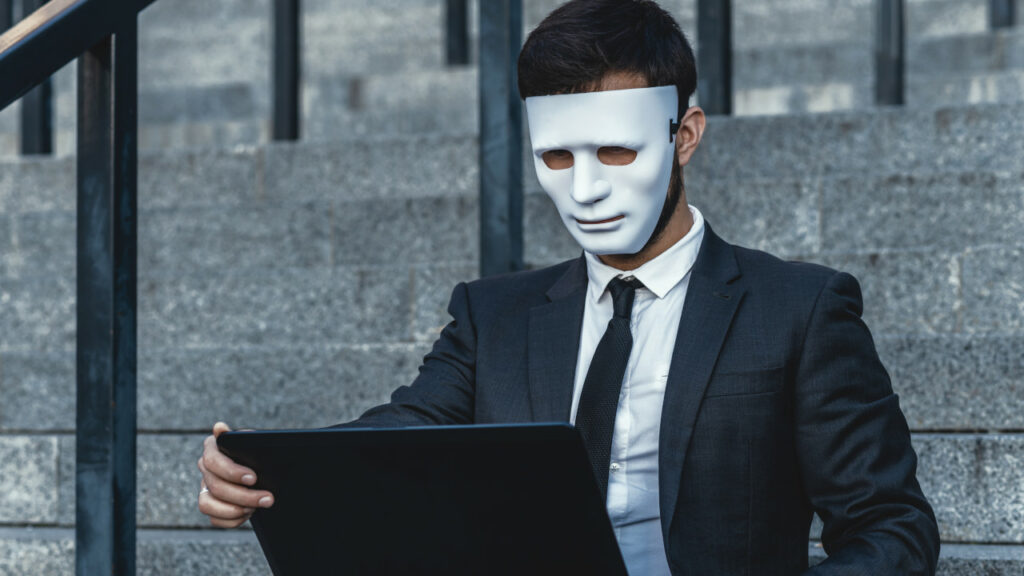Social media holds immense power, largely because it taps into our imagination and emotions in ways that feel intensely real and personal.
We often find ourselves imagining that we have countless friends, all thanks to the likes, comments, and followers we accumulate. These digital interactions can create a sense of connection and validation, making us feel more popular and influential than we might be in real life. This imagined popularity gives social media its addictive quality—every notification feels like a small affirmation of our importance.
When we leave a negative review online, we often picture ourselves standing directly in front of the business, voicing our dissatisfaction just as we would in person. This sense of empowerment makes us feel like we’re holding companies accountable, giving us a voice in the vast digital marketplace. It’s as if the keyboard becomes our megaphone, allowing us to broadcast our opinions to the world.
The internet also turns us into amateur detectives. We post our suspicions and theories about nearly anything, from a mysterious incident in the neighbourhood to global conspiracies. On social media, we can take on any role we choose, investigating, analysing, and sharing our thoughts without the constraints of real-life consequences. This sense of freedom fuels our curiosity and often blurs the line between fact and fiction.
At times, we play the roles of prosecutor, judge, and jury all at once. Social media gives us the platform to pass judgement on people and businesses, often without considering the full picture. We quickly share our opinions, critiques, and condemnations, believing that our perspective is not only valid but necessary. This can lead to a rush of online judgement that can be overwhelming and, at times, unfair.
We also like to see ourselves as virtuous individuals when we use social media to express disapproval of anything that doesn’t meet our moral standards. Whether it’s calling out injustice, criticising unethical behaviour, or simply sharing our values, social media becomes a stage for us to showcase our beliefs. We feel like we’re contributing to the greater good, even if our actions are driven more by emotion than by reasoned thought.
One of the most powerful aspects of social media is the anonymity it offers. This anonymity can be liberating, allowing us to express ourselves freely without fear of immediate repercussions. But it also means that we can easily mislead others, letting them imagine who we are rather than showing our true selves. This can create a disconnect between online personas and real-life identities, leading to misunderstandings and, sometimes, harmful interactions.
The collective power of social media lies in the wisdom—and madness—of the crowd. Online, people can be quick to judge, often forming opinions based on limited information. The digital world can be an unforgiving place, where one mistake can lead to lasting consequences.
A striking example of how someone can get carried away by the power of social media is the case of Sweet Bobby, a shocking catfishing scandal that captivated the public. Over a period of ten years, a woman named Kirat Assi was deceived by her cousin, Simran Bhogal, who created a fake online persona. Posing as “Bobby,” Simran manipulated Kirat into a false relationship, causing immense emotional and psychological damage. This case highlights the dark side of social media, where anonymity and imagination can lead to deeply harmful consequences.
Given the impact that social media can have, it’s crucial to think carefully before posting anything critical or personal about another person. A simple reflection—”How would I feel if someone said this about me?”—can go a long way in preventing hurtful or unnecessary comments. It’s also wise to avoid posting when emotions are running high. Anger and frustration can cloud judgement, leading to regrettable actions that are difficult to take back once they’re out in the world.
In the end, social media’s power comes from the way it blends imagination with reality, allowing us to explore different roles and express our thoughts freely. But with that power comes responsibility. By approaching social media with care and consideration, we can use it as a tool for connection and positive change, rather than a source of conflict and misunderstanding.
By: Yair Cohen

